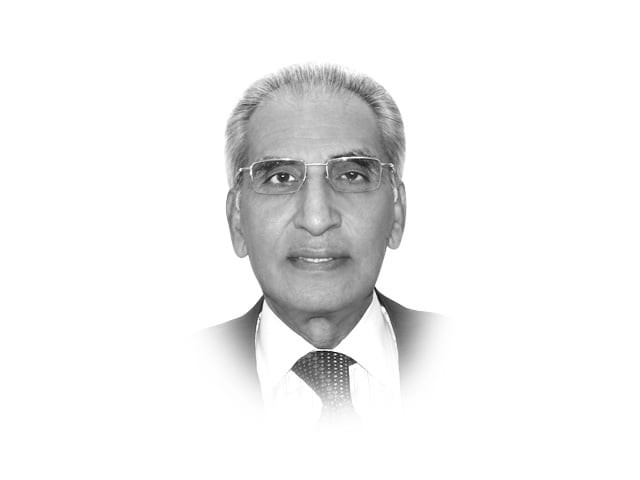Southeast Asia’s new leaderships
Election results in Japan and South Korea, though welcomed in Washington, have generated concern in the region.

The writer was Pakistan’s ambassador to the EU from 2002-2004 and to the US in 1999
In a situation already fraught with grave dangers, whether because of China’s increasingly assertive policies — as claimed by the US — or because of the Obama Administration’s forceful ‘Asia pivot’ strategy (as feared by China), election results in Japan and South Korea, though welcomed in Washington, have generated concern in the region.
In Japan, Shinzo Abe’s success brings back to power a ‘nationalist’ leader, who has long advocated a ‘tough approach’ towards China. During his earlier stint as prime minister, he favoured a robust role for Japan in the region. To this end, he advocated strengthening strategic ties to the US and pushed for the ‘Quadrilateral Initiative’, a partnership framework between Japan, the US, India and Australia, arguing that these initiatives were aimed at restraining Chinese ambitions in the Pacific. But more recently, he indicated willingness to re-examine Japan’s self-imposed restrictions on spending more than of one per cent of GDP on defence, while hinting at acquiring highly sophisticated offensive weapon systems. While these pronouncements cheered right-wing nationalists, moderate parties expressed the fear that these initiatives would set Japan on a collision course with China, with serious consequences for the country, especially in view of its current economic difficulties.
Last week’s election of Park Geun-hye brought the first female to South Korea’s presidency and represented a partial redemption for the former military strongman, Park Chung-Hee, credited with impressive economic growth, though coupled with brutal policies. Like her father, President Park is likely to seek closer ties with the US and yet support conditional rapprochement with North Korea, which would be at variance with the Obama Administration’s policy towards Pyongyang. Her nationalist credentials could also lead to new strains in relations with Japan, given their historic differences and emotion-charged relations, especially over the disputed islets of Dokdo or Takeshima.
Earlier, the 18th Communist Party Congress in China saw the election of a new collective leadership led by Xi Jinping, who takes over the Party and state at a time of economic slowdown, political uncertainties and acerbic relations with the US. There is no doubt that the current state of US-China relations would be of concern to both capitals. While their public spats may refer only to differences over currency and trade matters, what has profoundly disturbed their relations is their deep strategic distrust, which has escalated ever since the Obama Administration’s declaration of the pivot. Both countries blame each other, with Washington convinced that China’s economic success has made it belligerent, while Beijing sees in the ‘pivot’ a cover for America’s implacable hostility, now focused on drawing Japan, Vietnam, Philippines and Indonesia within a ‘cordon sanitaire’ around China.
Concern in the region is understandable. Though many of the smaller countries favour a vigorous US presence, they are loath to be caught in a Sino-US confrontation. They fear becoming the proverbial grass that would be trampled in any jostling between the two elephants. This explains why many of them are advocating a regional solution to the dispute over ownership of the islands, known as Senkaku by the Japanese and Diaoyu by the Chinese.
For both Xi and President Barack Obama, the challenges are enormous; resisting pressure from the ‘hawks’ in their midst and the temptation to promote narrow, short-term interests will not be easy. This explains why the smaller countries are urging that the major powers not to permit unbridled ambitions, reflected in their attachment to exclusive zones of sphere, to disturb peace. But for this to happen, Washington must not see the election of pro-US governments in Tokyo and Seoul as ‘opportunities’ to be exploited, while the Chinese leadership would do well to recall Deng Xiaoping’s counsel to remain focused on the economy.
Published in The Express Tribune, December 26th, 2012.














COMMENTS
Comments are moderated and generally will be posted if they are on-topic and not abusive.
For more information, please see our Comments FAQ